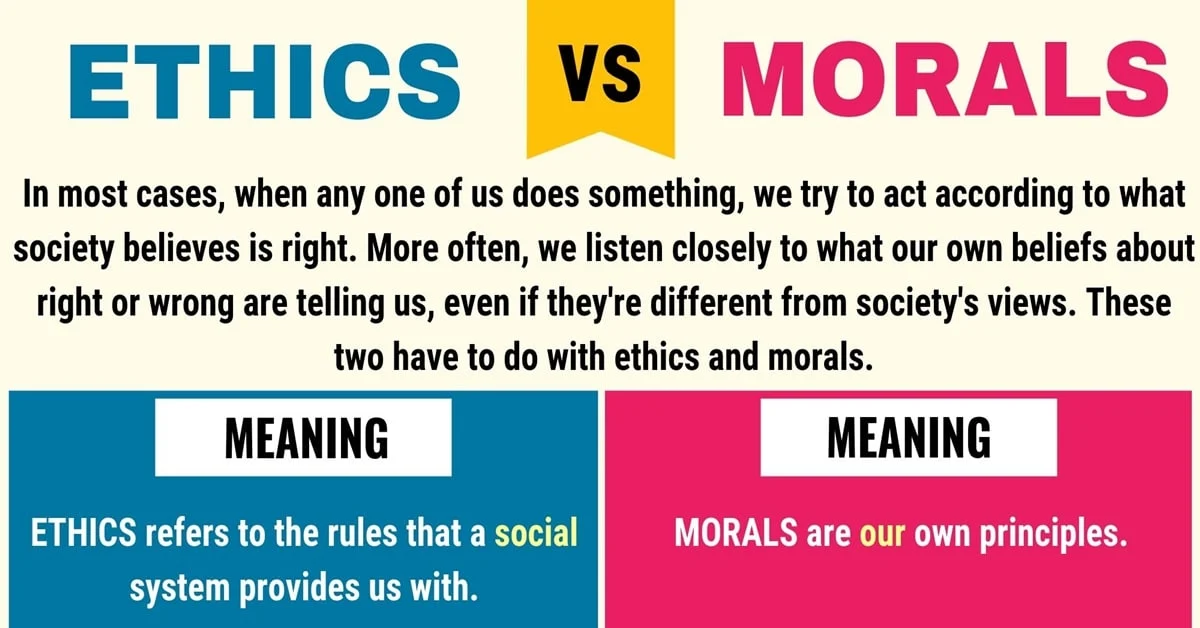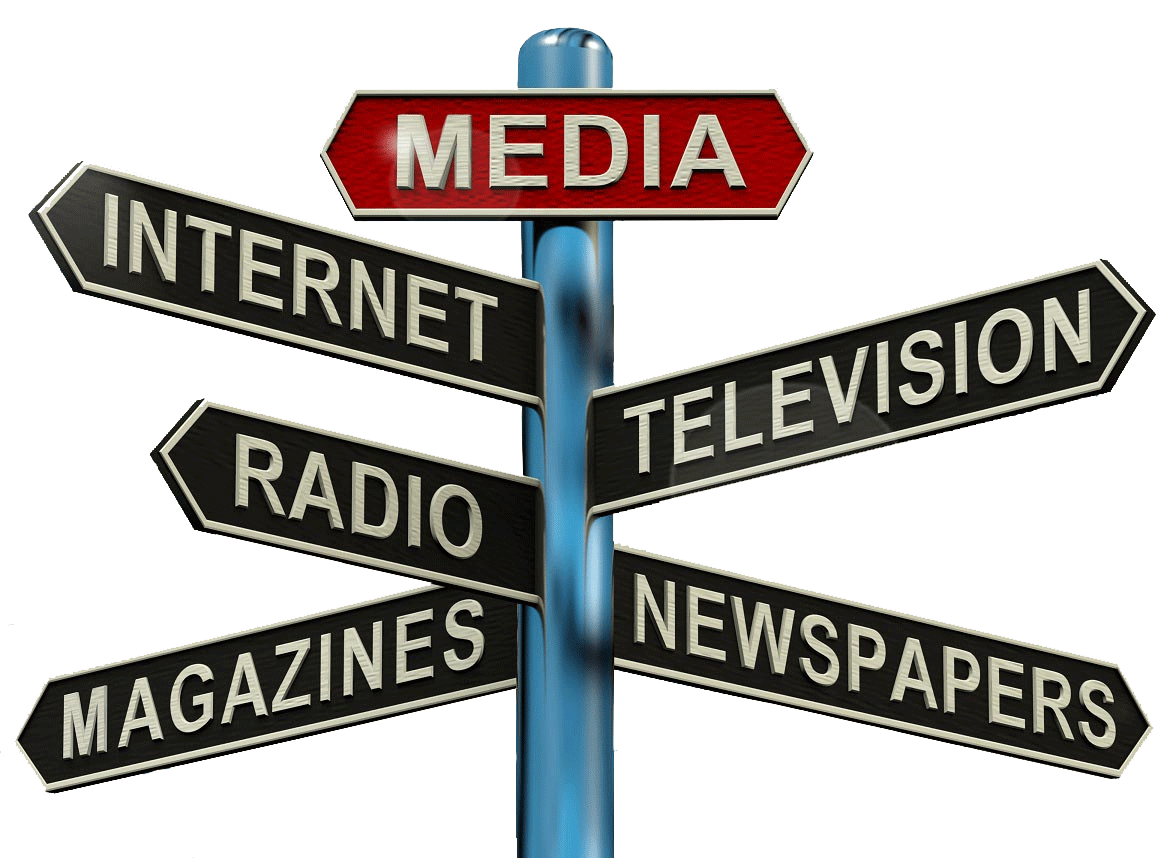By Alusine Fullah
Generally, the terms ethics and morality are used interchangeably, although a few different communities (academic, legal, or religious, for example) will occasionally make a distinction. In fact, Britannica’s article on ethics considers the terms to be the same as moral philosophy. While understanding that most ethicists (that is, philosophers who study ethics) consider the terms interchangeable, so relax and let me go ahead and dive into these distinctions.
Both morality and ethics loosely have to do with distinguishing the difference between “good and bad” or “right and wrong.” Many people think of morality as something that’s personal and normative, whereas ethics is the standards of “good and bad” distinguished by a certain community or social setting. For example, your local community may think adultery is immoral, and you personally may agree with that. However, the distinction can be useful if your local community has no strong feelings about adultery, but you consider adultery immoral on a personal level. By these definitions of the terms, your morality would contradict the ethics of your community. In popular discourse, however, we’ll often use the terms moral and immoral when talking about issues like adultery regardless of whether it’s being discussed in a personal or in a community-based situation. As you can see, the distinction can get a bit tricky. The way we make decisions is important for our Mama Salone because decisions that are wrong or unethically implemented can have a significant impact on people’s lives and the reputation of our country. But when we make decisions based on good principles, and live by good values, we can improve the lives of others and their experiences in Sierra Leone.
The way we make decisions is important for our Mama Salone because decisions that are wrong or unethically implemented can have a significant impact on people’s lives and the reputation of our country. But when we make decisions based on good principles, and live by good values, we can improve the lives of others and their experiences in Sierra Leone.
Moral and ethical standards are regulators of relations between people in society, coordinating personal interests with public ones. On morality as a form of public consciousness, lies an important function of harmonizing society, ensuring stability, the integration of the social system and creating a sense of psychological comfort in the interaction of people. Any active human activity requires a moral component that evaluates, controls, leads to humane goals, directs to the ethical ideals of goodness, justice, nobility, honour and conscience. The state of moral and ethical standards is a reflection of the development of society at a certain stage of historical development.
Ignoring universal values deprives us of the future. Moral values are the source of the formation of society, affecting the self-preservation and self-development of society in a pluralism of ideas, opinions and interests. Ethics creates an ideological foundation by providing a foothold for decision-making and moral assessment criteria. And our task is to restore and formulate new needs according to new realities.
In recent days, certain places and people like the Clark of Parliament, Paran T. Trawalie, former Director General at the Sierra Leone Broadcasting Corporation, Kapuya have been on the firing line for corruption, immorality and ethical behaviour. The above allegations against those people speak volume in creating the way for society decay. As a writer, I still have the belief that when ethics and morality fail definitely society leads to decadence.













